Six ways to offer greetings in Urdu
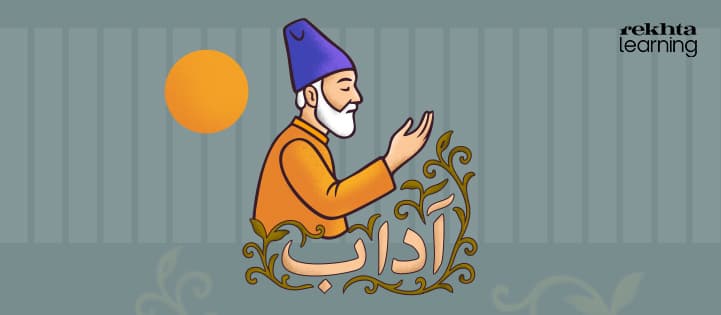
If you’ve ever wanted to add a touch of elegance to your daily greetings, Urdu is the perfect language to explore! With its poetic charm and deep cultural roots, Urdu greetings go beyond simple hellos; they carry respect, warmth, and even a bit of history.
So, let’s take a journey into the world of Urdu greetings and learn how to bring the elegance of Urdu in our everyday Hi’s and Hellos!
Aadaab
Let's start with Aadaab, a word that embodies politeness, respect, and refined manners. While it serves as an Urdu equivalent of "hello," it carries a unique cultural richness, deeply rooted in the Ganga-Jamuni Tehzeeb.
You may have heard the phrase Aadaab Arz Hai, which is a more elaborate way of offering greetings. It literally means, "I present my respects." When spoken, it’s often paired with a graceful hand gesture, raising the hand to the forehead with a slight bow. It’s not just a greeting; it’s a way of acknowledging someone with courtesy and warmth.
Though Aadaab is most commonly used in formal settings, it’s also perfect for adding an elegant touch to everyday conversations.
- Suggested Course
Spoken Urdu: Common Phrases, Expressions and Vocabulary
Salam
Another widely used greeting in Urdu is Salam, which is more formally presented as Assalamu Alaikum. Borrowed from Arabic, this phrase carries a heartfelt message of peace and well-being. Assalamu means peace, and Alaikum means upon you, and together, it translates to "Peace be upon you."
The beauty of Salam lies in its response. When someone says Assalamu Alaikum, you reply with Wa Alaikum Assalam meaning "And peace be upon you too." This simple exchange fosters kindness and goodwill, making it more than just a greeting, it’s a wish for peace and prosperity.
A variation you might come across is Salam Arz Hai, similar to Aadaab Arz Hai. It’s also a polite way of greeting someone with added respect.
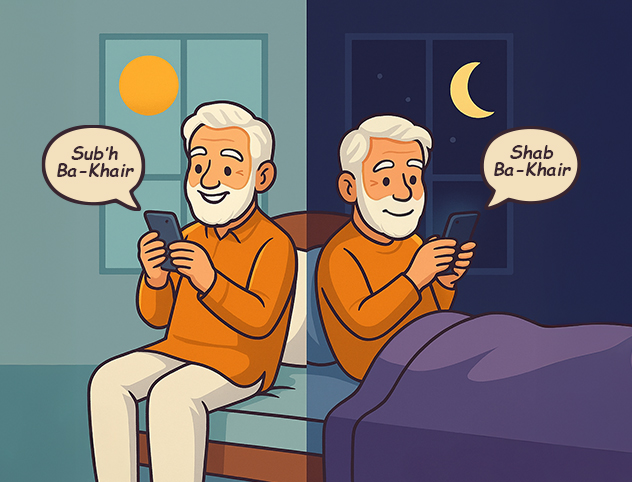
Time-specific greetings: morning and night wishes
Just like English has "Good morning" and "Good night," Urdu has its own charming expressions:
Sub’h Ba-Khair is the Urdu equivalent of good morning, where Sub’h means morning, and Ba-Khair means with goodness or peace. So when you greet someone with Sub’h Ba-Khair, you’re wishing them a morning filled with peace, safety, and blessings.
As the day comes to an end, you can wish someone Shab Ba-Khair, meaning good night. Shab means night, and again, Ba-Khair means with goodness. It’s a gentle way to greet someone a restful, peaceful night.
These phrases are a beautiful way to start and end the day on a note of kindness and warmth.
Bringing Urdu greetings into your daily life
Urdu greetings are more than just words. They hold history, culture, and poetry within them. Whether you're using Aadaab for a touch of grace, Salam to spread peace, or Sub’h Ba-Khair and Shab Ba-Khair for thoughtful well-wishes, each greeting adds a touch of cultural richness to everyday conversations.
- 0 in-depth courses
- 0+ lessons
- 1 year unlimited access
- Unbeatable discount
- Watch on any device
- Get certified
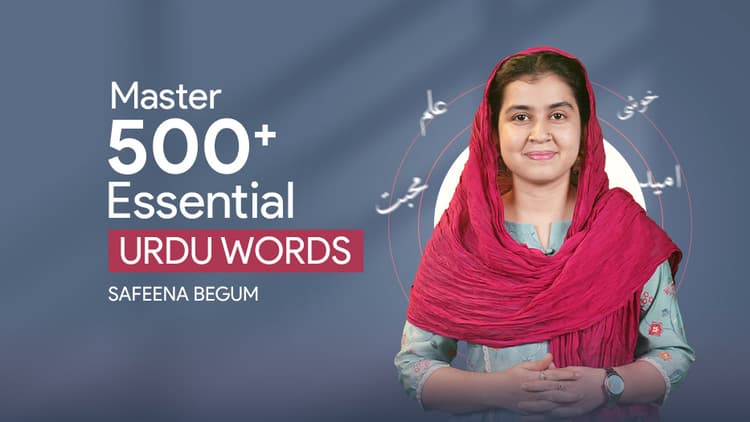
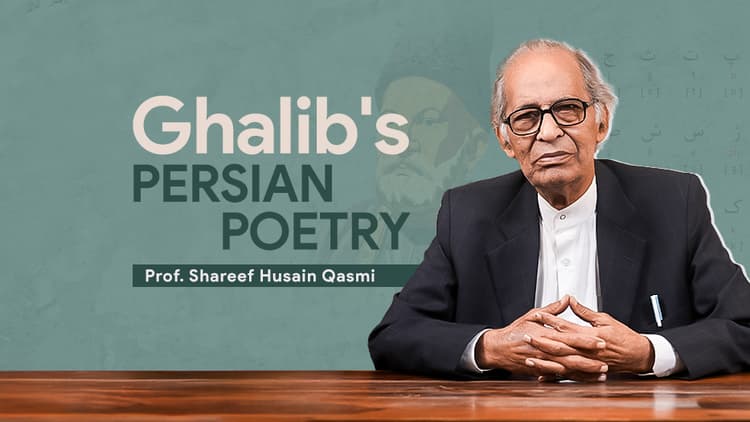
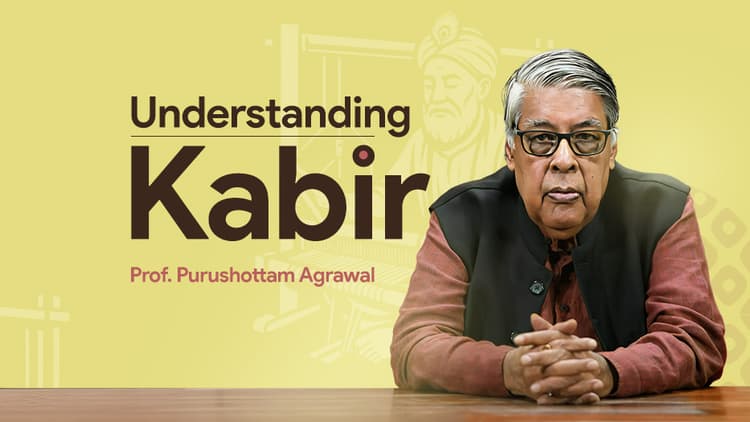
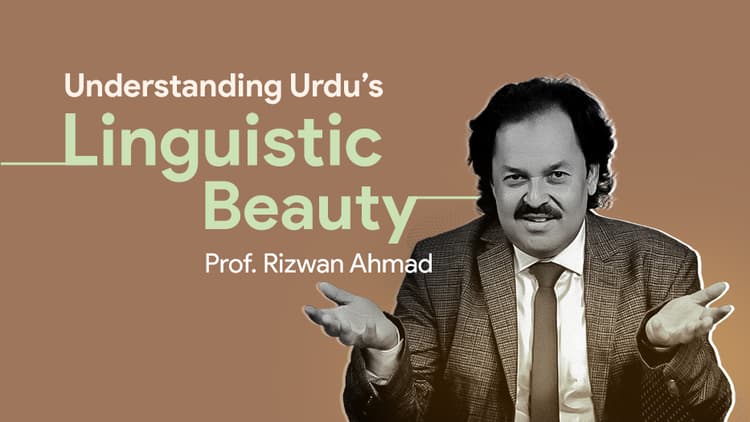
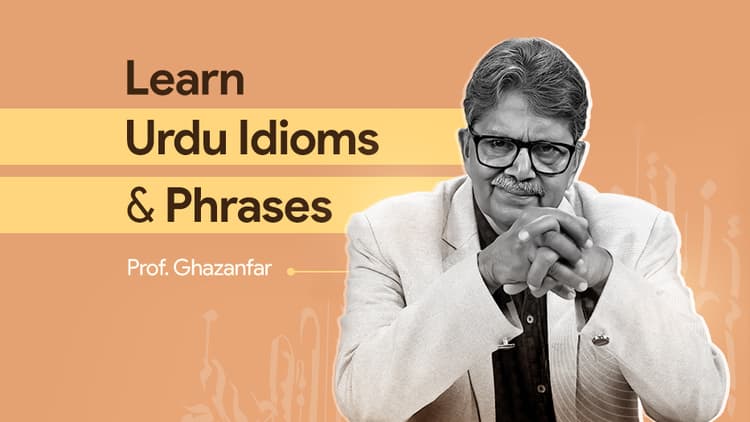
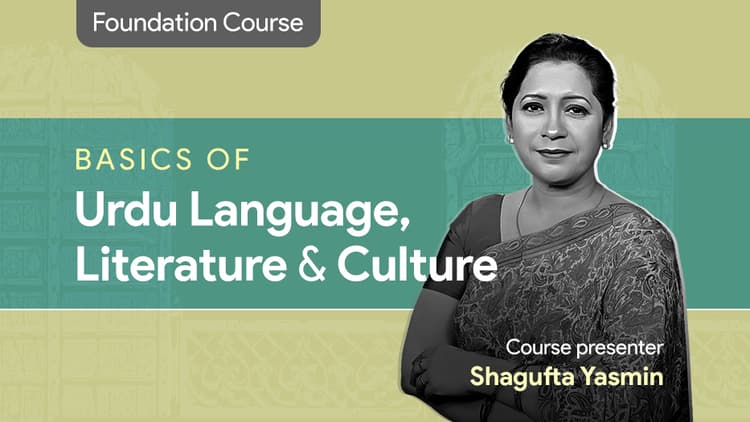
.jpg&w=750&q=75)
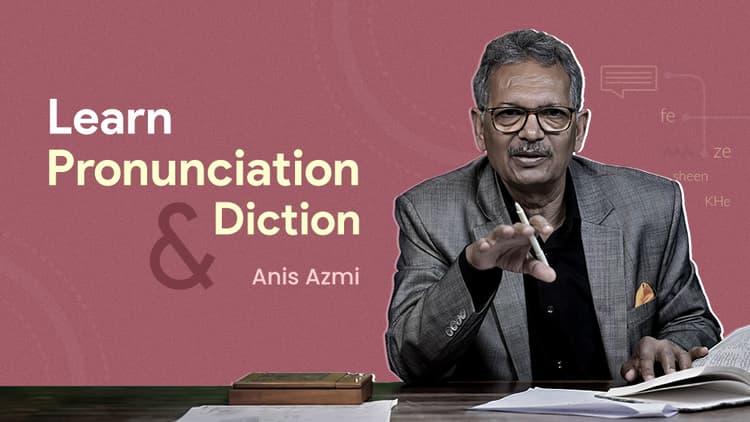


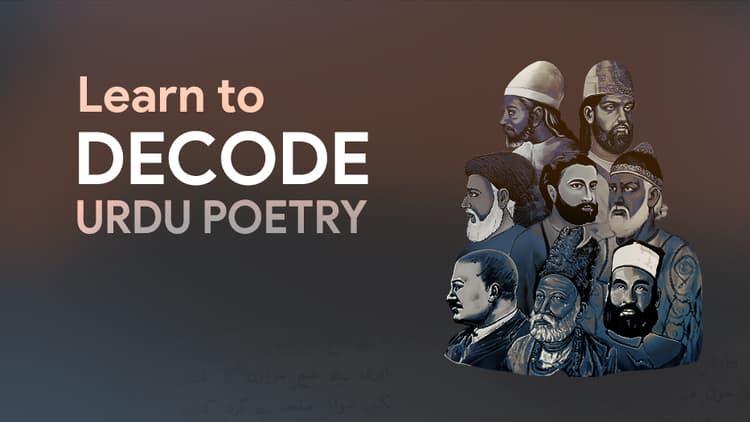
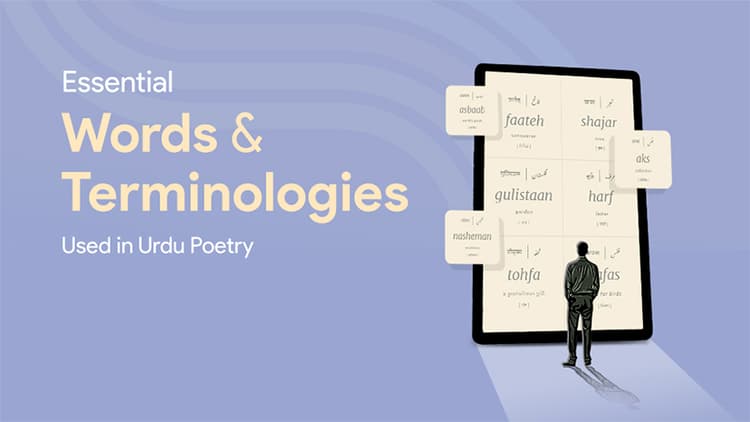



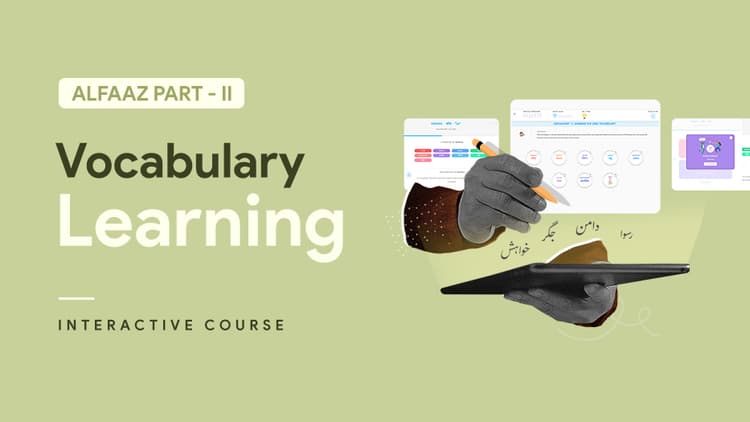







.jpg&w=828&q=75)



.jpg&w=828&q=75)












Comments